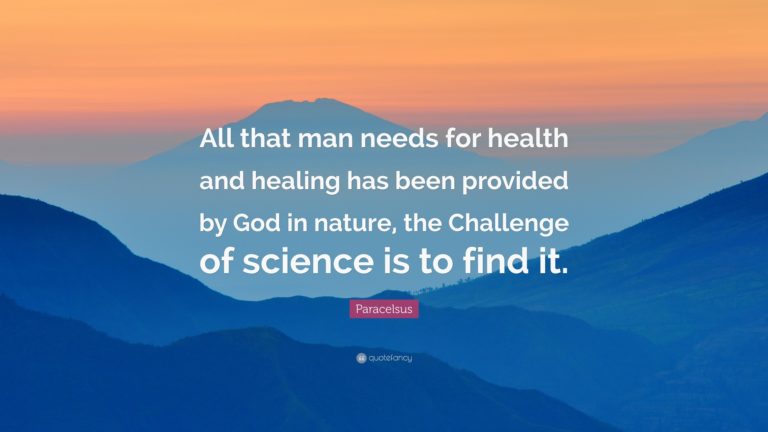Traditional Medicine: A Path to Health
- May 4, 2020
- taotohealth
Science & Evidence-Based Medicine

This may sound like a tall order to find the natural remedies using the scientific method. Whole medical systems and traditional medical systems such as Ayurveda, East Asian medicine, Unani, homeopathy, naturopathy and antroposophy have searched and discovered natural methods and substances for healing and wellness. Then, what is science, and more importantly what is the scientific method? The scientific method has been refined over hundreds of years. It’s a systematic method of inquiry to develop theories about how the natural world functions based on questions or hypotheses. A researcher will design an experiment based on the fundamental hypothesis and gather data in a reliable and valid manner to answer whether the hypothesis/question is null or if there’s an alternative explanation for the significant correlation(s) between variables; for example, the possibility that A (specific treatment or substance) has a specific effect on B (headaches).
INTELLECTUAL HUMILITY
Another thing to consider are the assumptions underlying the scientific studies. To find effective and beneficial remedies using the scientific method, it requires intellectual humility. Most of the large clinical trial studies operate under the assumptions of the biomedical model. In a nutshell, the biomedical model focuses on purely biological factors (physical body) and excludes psychological, environmental, and social influences on health or disease.
Because currently no or weak evidence based on the biomedical model exists showing that alternative methods (homeopathy, herbs, acupuncture) are effective; this doesn’t mean alternative approaches are ineffective. It only means currently there is no or weak evidence and that further quality studies are needed to understand the mechanisms of alternative therapies. One might err on the side of confirmation bias to cease questioning and exploring what we don’t know about alternative approaches. This assumption with a lack of intellectual humility may act like blinders to true scientific inquiry to find natural remedies.
BIOMEDICAL vs. BIOPSYCHOSOCIAL MODEL
Have you heard of the emerging biopsychosocial model? Unlike the biomedical model, the biopsychosocial model encompasses psychological, environmental and social influences on health in addition to biological factors. The more comprehensive and holistic biopsychosocial model was proposed by George Engel in the 1970s. Traditional and whole medical systems are in essence biopsychosocial systems. The World Health Organization refers to traditional medicine as the knowledge, skills and practices based on the theories, beliefs and experiences indigenous to different cultures, used in the maintenance of health and in the prevention, diagnosis, improvement or treatment of physical and mental illness. Healing mechanisms are complex and unique to the individual. Remember that standardized treatments based on clinical studies are based on the biomedical model and the norm for a given sample. Then inferences are made that a specific treatment will have a similar effect on a population. However, these inferences do not take individual differences into account. In other words, not everyone will have the same response to a given treatment. Therefore, conventional treatments are not without limitations. Perhaps, traditional and whole medical approaches can supplement the deficiencies in our current biomedical approaches.
Subsequent blog posts will focus on alternative natural therapies to supplement conventional treatments for common ailments (allergies, anxiety, digestive problems, headaches, insomnia, etc.).
Subscribe and stay connected to learn more about natural therapies.
